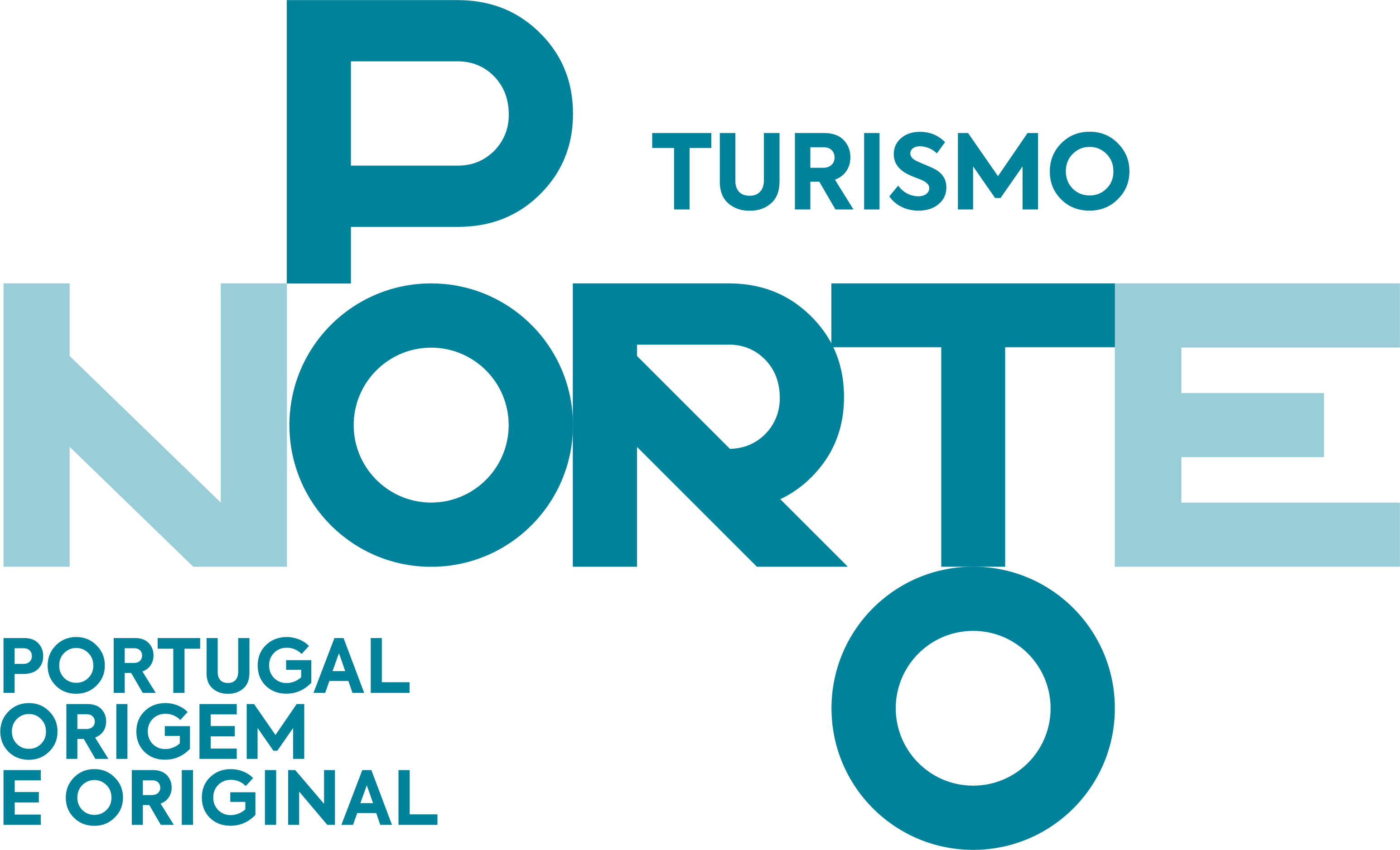2nd session of the "Building the Future of Tourism" Conference Series
#News #EventosA significant step in shaping the future of tourism was made during the 2nd session of the "Building the Future of Tourism" conference series, on October 7th. Held at the Alfândega Porto Congress Centre in Porto, the event brought together nearly 400 participants. In collaboration with Turismo de Portugal and Turismo do Porto e Norte, this session marked the discussion of key elements of the new Tourism Strategy 2035—an initiative developed with the input of public and private stakeholders from across the tourism ecosystem.
Carlos Abade, President of Turismo de Portugal, shared guiding principles for the development of this strategy, while also presenting key data and KPIs on the performance of the tourism sector. Additionally, he gathered valuable contributions from the audience to help shape the future strategy. He emphasized that the forthcoming strategy is designed to address evolving challenges both in Portugal and globally. Key topics such as mobility, human resource development, sustainability, and international cooperation took center stage, reinforcing tourism’s crucial role in driving the country’s economic growth.
The session also featured valuable insights from prominent leaders like Rui Moreira, Mayor of Câmara Municipal do Porto, Pedro Machado, Secretary of State for Tourism, António M. Cunha, President of the Comissão de Coordenação e Desenvolvimento Regional do Norte, and Luis Pedro Martins, President of Visit Porto and North of Portugal - Convention & Visitors Bureau, who highlighted the strategic importance of improving the region's mobility and accessibility, particularly through investment in high-speed rail and the expansion of Francisco Sá Carneiro Airport. He also underscored the challenges posed by the twin transitions of sustainability and digitalization, as well as the crucial topic of human capital in tourism. The session wrapped up with an engaging panel discussion, where industry leaders explored the challenges and opportunities shaping the future of tourism.
These discussions will continue as the conference series moves to other regions, delving deeper into these critical topics.

